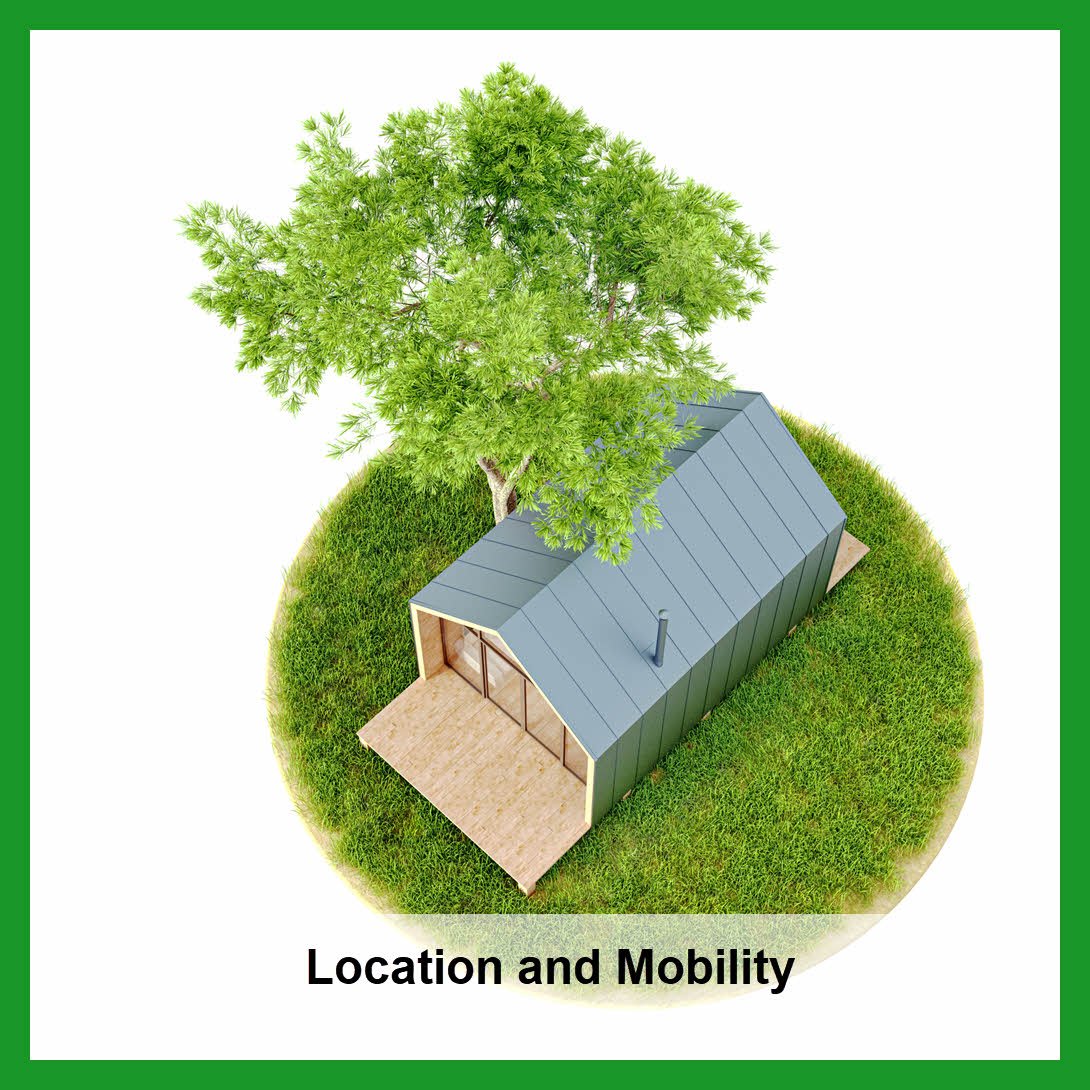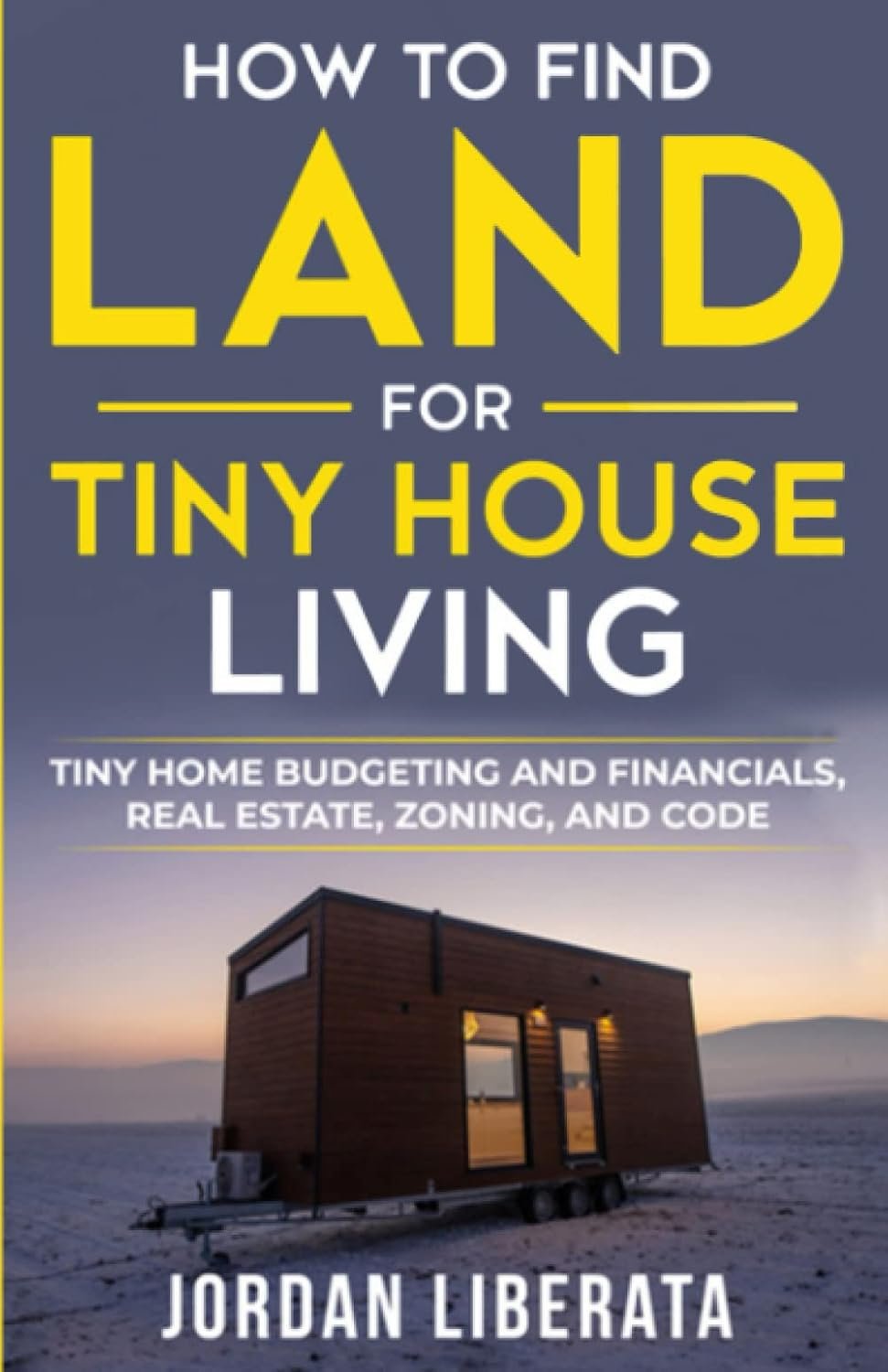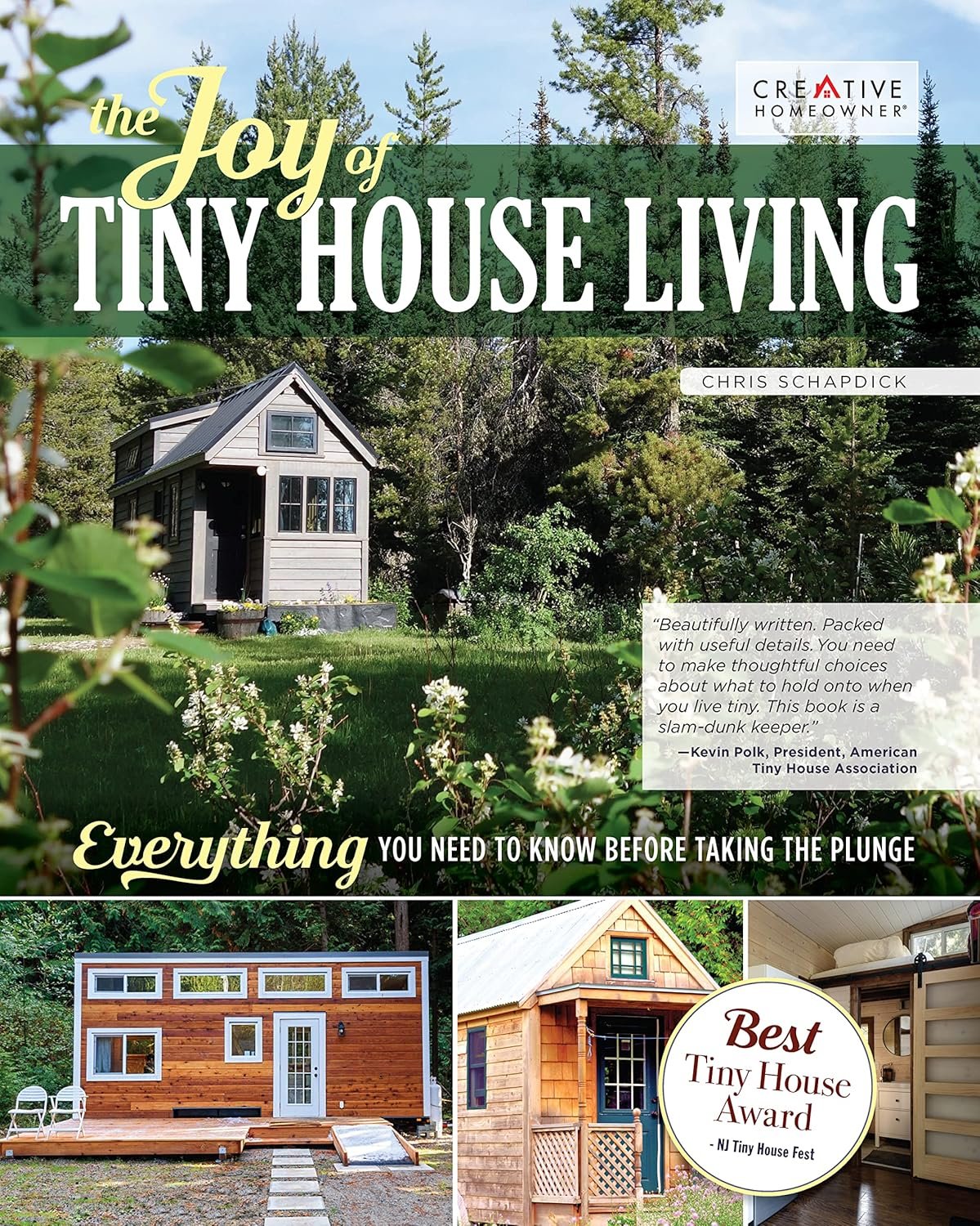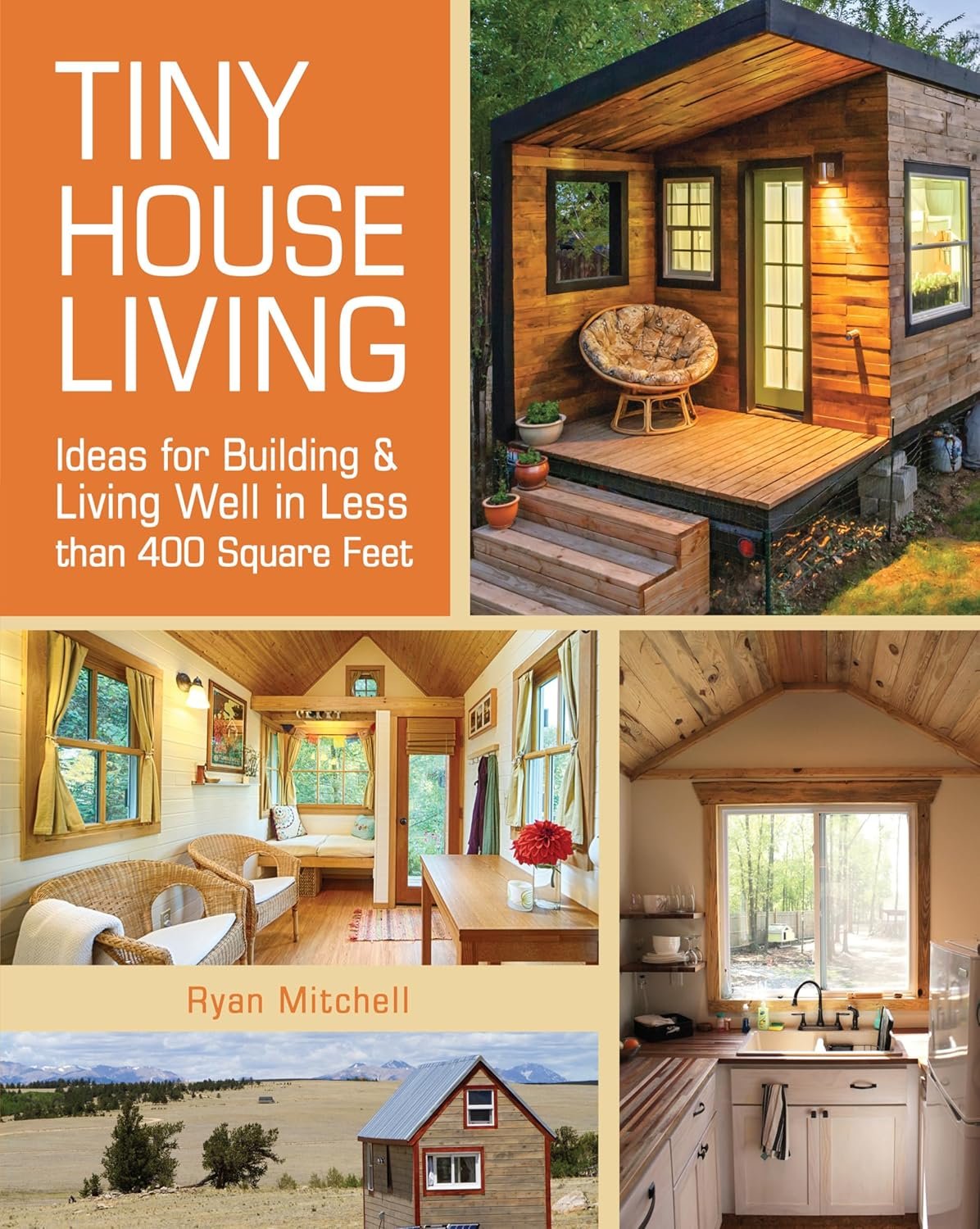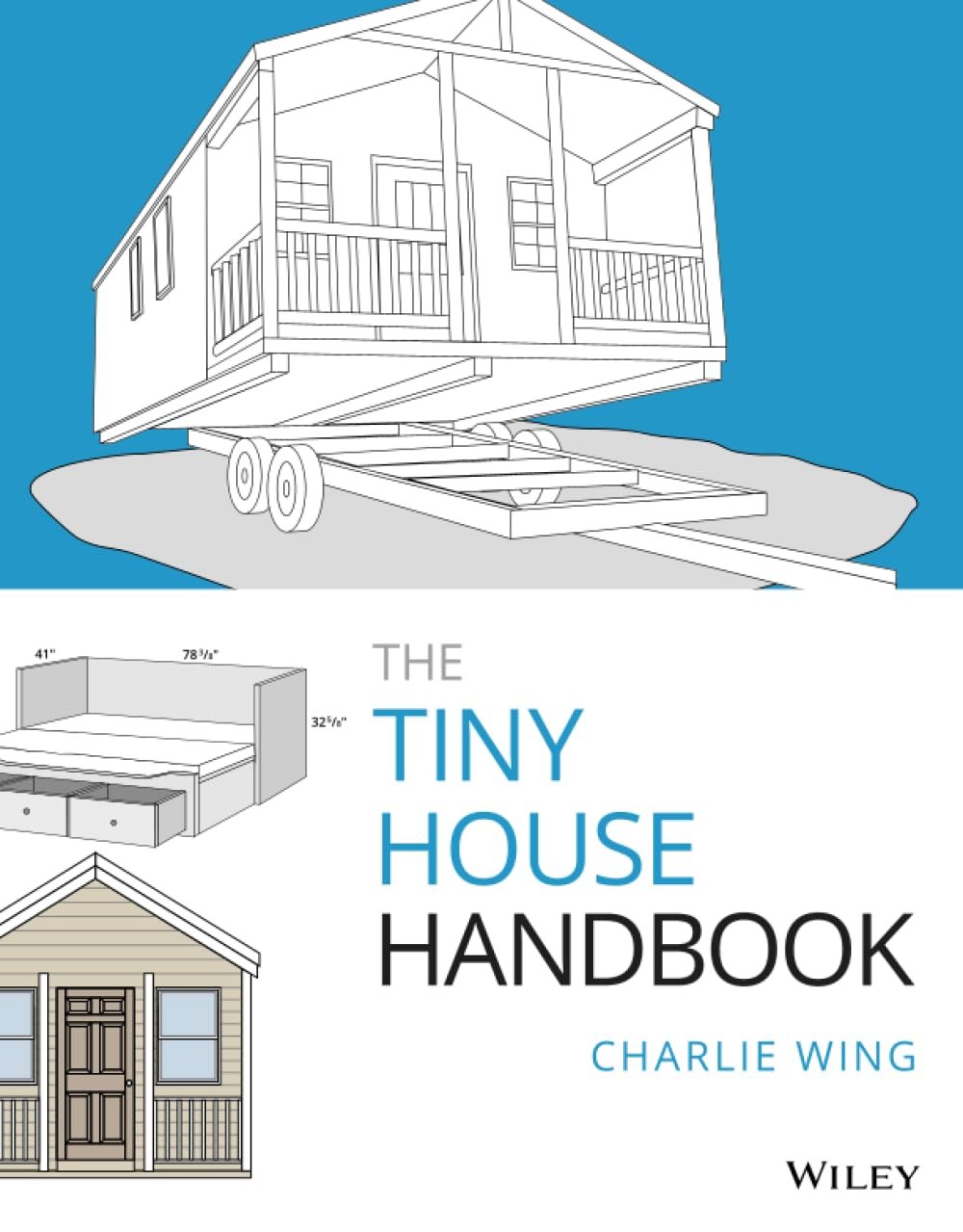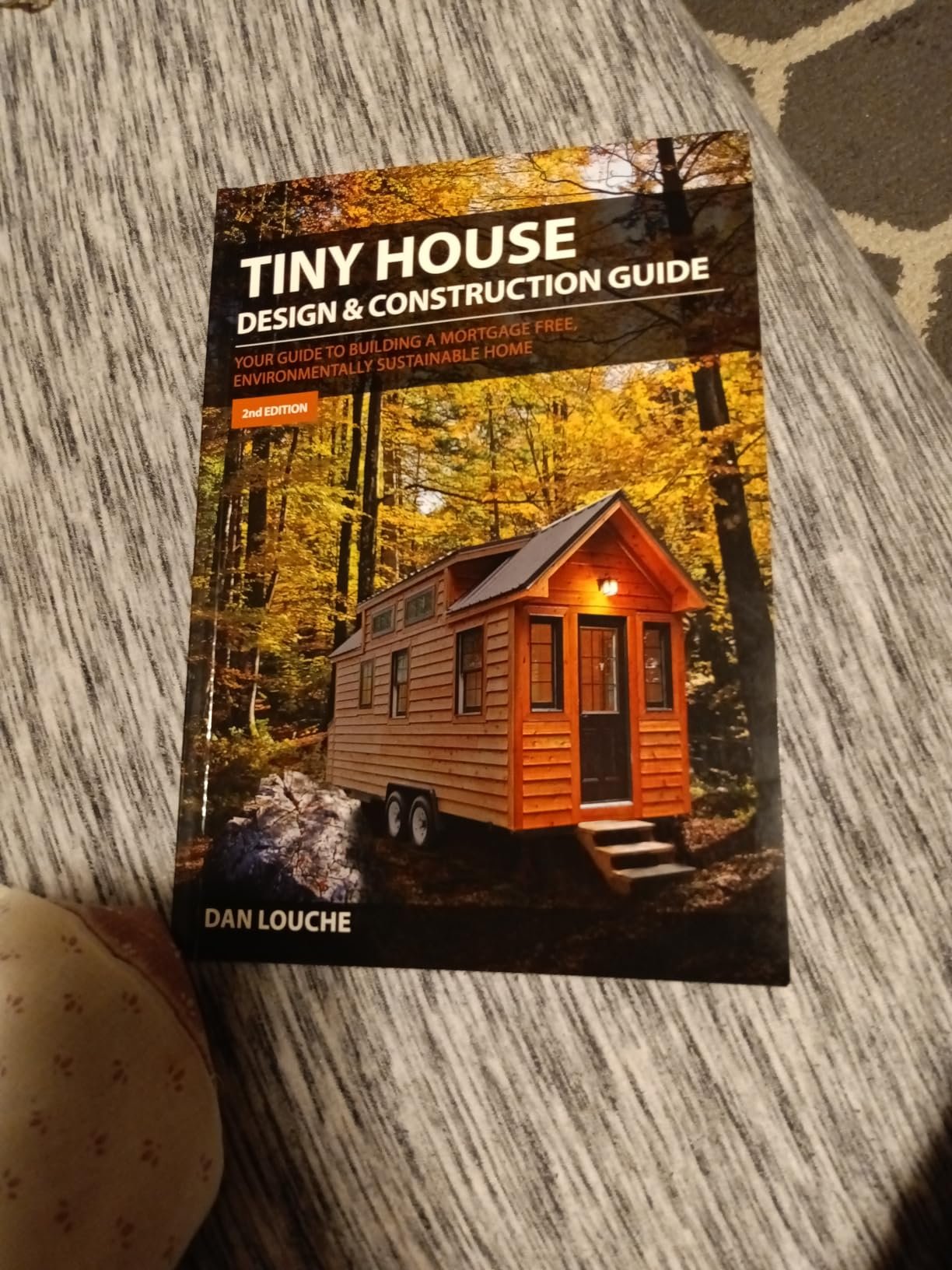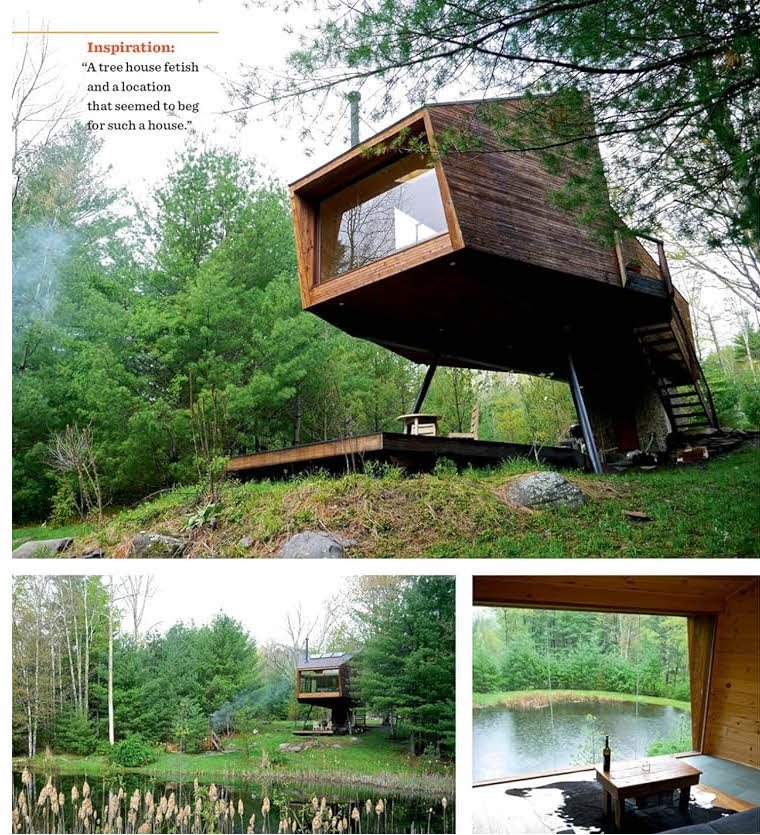Tiny Homes
Location and Mobility
Choosing the correct location for a tiny home is critical and goes far beyond finding cheap land. Below are the most important considerations.
Choosing the right location for a tiny home is crucial—it determines legal viability and your quality of life. Zoning laws, access to utilities, climate, and community all impact daily living and long-term sustainability.
A great spot supports your lifestyle, offers safety and stability, and ensures your investment holds value. Whether off-grid or city-adjacent, the location sets the foundation for how freely and comfortably you can thrive in your tiny home.

Zoning and Legal Requirements
Is it legal to live in a tiny home there?
Check if the area allows:
Tiny homes on foundations
Tiny homes on wheels (THOWs)
Accessory dwelling units (ADUs)
Some areas treat THOWs as RVs, which may not be legal for permanent residence.
Access to Utilities
Can you connect to water, sewer, and electricity?
Do local laws allow off-grid systems like solar panels or compost toilets, if not?
Installing new utilities can be expensive if they are not already on the site.
Climate and Environment
Is the climate suitable for a small, potentially mobile home?
Tiny homes must be insulated and ventilated for cold, hot, or humid conditions.
Flood zones or wildfire risk areas may require special insurance or mitigation.
Accessibility and Infrastructure
Is the property accessible year-round?
Consider roads, driveways, and emergency access.
Narrow or steep roads may not accommodate a THOW.
Local Community and Lifestyle Fit
Do you want solitude, community, or a mix?
Some tiny house owners prefer rural living; others thrive in tiny home villages.
Consider proximity to work, schools, medical care, and social life.
Land Ownership vs. Rental
Will you own the land or lease a spot?
Ownership gives control but requires more upfront investment.
Leasing (e.g., RV park or tiny home community) may include shared amenities but limit customization.
Resale and Property Value
Will the land and tiny home hold value over time?
Tiny homes depreciate like vehicles unless they’re on a permanent foundation.
Land in growing areas can appreciate, especially if zoned flexibly.
Internet and Cell Service
Reliable internet and mobile coverage are essential for remote work, safety, and convenience, but these services may be overlooked in rural areas.
Insurance and Financing
Not all insurance companies or lenders cover tiny homes.
Financing is easier in areas with established legal frameworks.
Would you prefer a rural, suburban, or urban location for your tiny house?
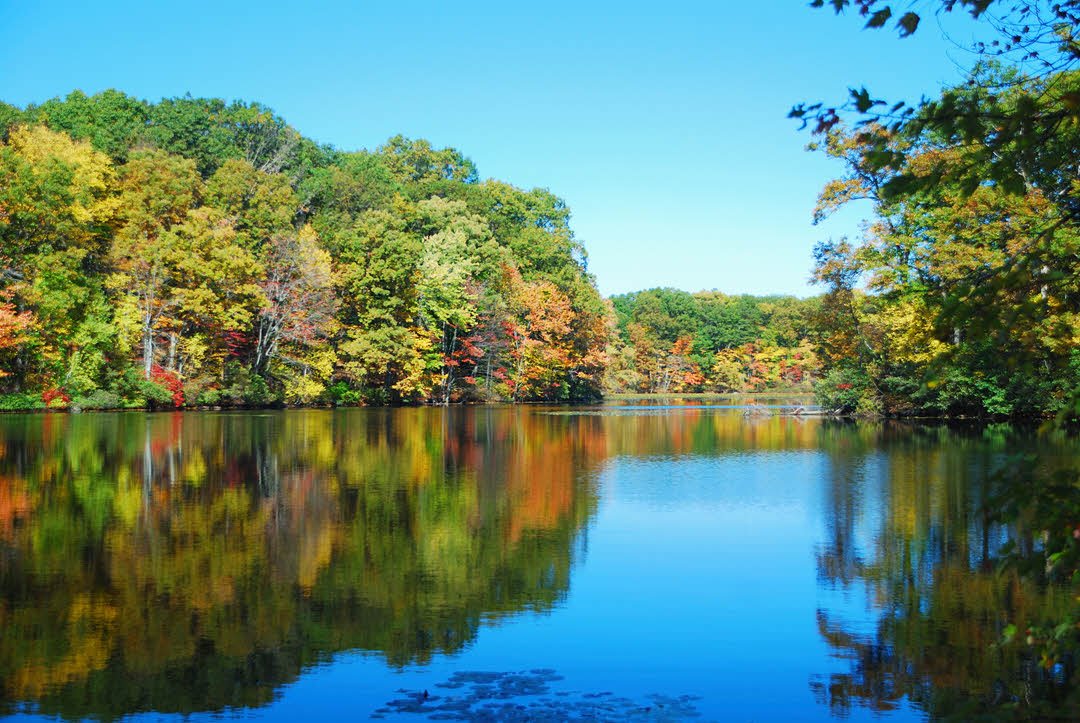
The Carriage Shed, in White River Junction, Vermont, now offers Tiny Homes. White River Junction is right over the border with New Hampshire. Their homes are completely customizable. Whether they are built to sit on a full foundation or a park model on wheels, you are sure to find something that fits your needs.
The Carriage Shed can assist you with regulations for tiny homes.
Here is a direct link to their Tiny Homes page.
The Carriage Shed can help you design your tiny home and provide valuable insights into site preparation and regulations for tiny homes.
Books On Tiny Homes
Tiny Home Resources
How to Find Land for Tiny House Living
The Joy of Tiny House Living
Tiny House Living
Ideas For Building and Living Well In Less than 400 Square Feet.
This book explores the philosophies behind the tiny house lifestyle, helps you determine whether it’s a good fit for you, and guides you through the transition to a smaller space. For inspiration, you’ll meet tiny house pioneers and hear how they built their dwellings (and their lives) in unconventional, creative, and purposeful ways.
The Tiny House Handbook
The Tiny House Handbook is a comprehensive guide to everything you need to know to construct your tiny house. Produced in Charlie Wing’s signature “visual handbook” style and jam-packed with full-color illustrations and diagrams, this book includes step-by-step instructions for building a tiny house as well as information on cost estimating and design requirements.
The Tiny House Design and Construction Guide
This book is amazing!
Take the first step to achieving your dream of building and living in your tiny house! The Tiny House Design & Construction Guide is your road map to the entire build process. This guide will help you to understand each step that needs to be taken and, more importantly, give you the confidence to start building your own tiny house.
Micro Living: 40 Innovative Tiny Houses Equipped for Full-Time Living
Best-selling author and tiny house enthusiast Derek “Deek” Diedricksen profiles 40 tiny but practical houses equipped for full-time living, all 400 square feet or less.
Detailed photography and a floor plan for each structure highlight inventive space-saving design features and the nuts-and-bolts details of heating, cooling, electric, and plumbing systems.

